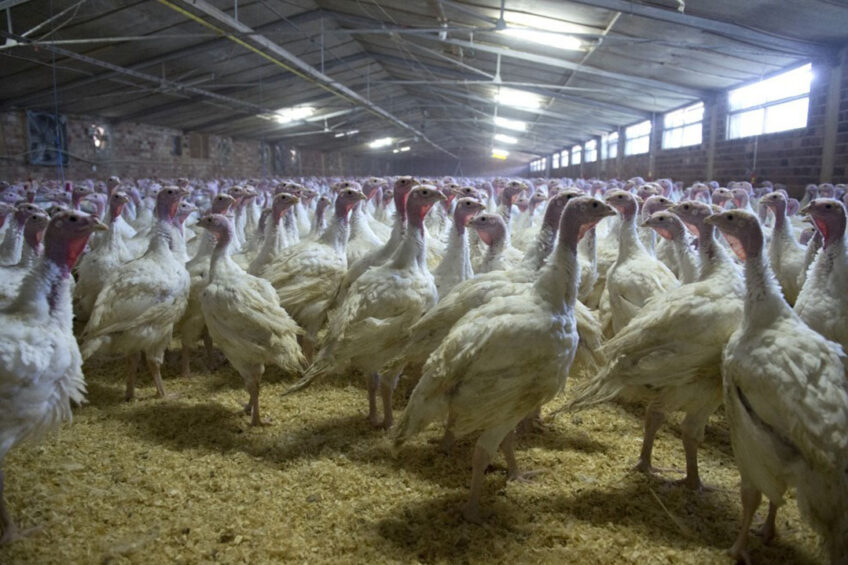UK Christmas free-range turkeys culled due to avian influenza

Nearly half the UK’s free-range turkeys destined for the lucrative Christmas market have either been culled or died because of bird flu.
At least 600,000 free-range birds being reared for the festive market have been lost, leaving a “big shortage”, according to industry experts.
Richard Griffiths, CE of the British Poultry Council, said the usual amount of free-range birds grown for Christmas was between 1.2 and 1.3 million. Total turkey production for Christmas was around 8.5 to 9 million birds, but around a million had been culled or died from bird flu.
Giving evidence to the Department of Environment, Food and Rural Affairs select committee avian influenza inquiry, Griffiths said it was uncertain how prices would be affected: “That’s really a question for the retailers. We don’t know how the gaps within retail are going to be filled at this point.”
Turkey production brought indoors
Griffiths said that in the short term, he questioned whether outdoor free-range production would be viable given the scale of the avian influenza epidemic: “There may be a drop away from free-range production more towards indoor rearing.”
Essex turkey farmer Paul Kelly said the spread of the outbreak had been devastating: “We have one farm with 9,500 turkeys. The first infection was on Thursday evening, and by Monday lunchtime, they were all dead. That is £700,000 gone.
Kelly said he was unsure about how he’d rear his free-range birds next year given the ongoing avian influenza epidemic: “Luckily, we’re going to get through to next year, but… can we take the risk to grow Christmas poultry based on what we’ve seen this year? We couldn’t. And had I known what I know now, we would not have grown the turkeys we did.
Culling and freezing
“Looking to next year, I don’t want to put the farm at risk. Without a vaccine in place or a compensation scheme that is fit for purpose, I don’t know whether we’d have the confidence to grow Christmas poultry next year.”
Some turkey producers have taken the government’s offer of culling birds early and freezing them for the Christmas market to prevent losses to bird flu. Others are trying to get into the scheme. Philip Hunter, who runs 6,000 birds at Suffolk Turkeys, including chickens and geese, wants to cull his birds in the next few days following a case of bird flu on his doorstep.
But Hunter said he had received little communication from the Animal and Health Plant Agency. He told BBC Farming Today that he was still awaiting a vet to come on farm to assess that the birds were healthy: “Its very poor communication coming back to us. The small farmers are being forgotten once again.”








